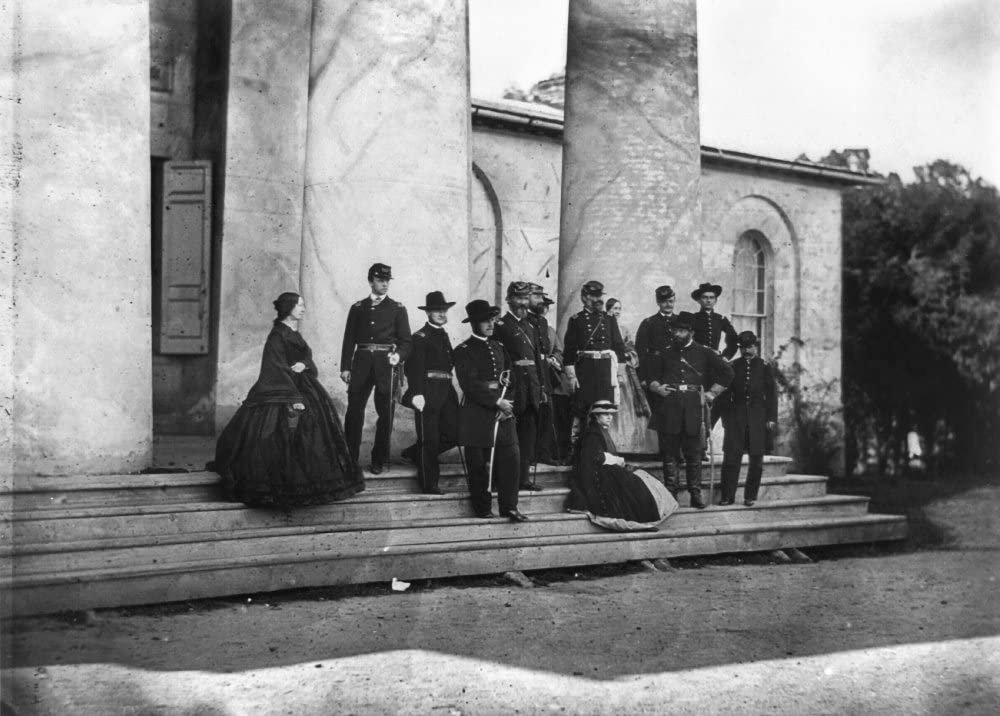About Publications Library Archives
cthl.org

Preserving American Heritage & History

Preserving American Heritage & History


Born in Manheim, Pa. on Sept 30,1805, Heintzelman devoted over 4 decades to the service of his country, rising from 2d lieutenant to major general and corps commander in the Civil War. While his experience, devotion to duty, and bravery were undeniable, he lacked initiative, imagination, and administrative ability. Leading a squad or regiment in combat, Heintzelman possessed the requisite skill and enough courage for a dozen men; but when asked to command a Union corps, he floundered.
An 1826 graduate of West Point,, 17th in his class, Heintzelman spent 2 decades on garrison duty and in recruiting and quartermaster service. During the Mexican War he earned the brevet of major for gallantry; in 1851 he was brevetted lieutenant colonel for his services in the Southwest. With the advent of the Civil War, he received a commission of colonel, 14 May 1861, and command of the newly formed 17th U.S. Infantry; 3 days later he was promoted to brigadier general.
Heintzelman’s troops seized Alexandria on 24 May, and 4 days later Heintzelman received command of a division in Brig. Gen. Irvin McDowell’s army. At First Bull Run he fought with his usual valor, suffering a wound while vainly trying to rally his broken division in the Union rout. He remained in divisional command throughout fall 1861 and winter 1862. On 13 Mar. he assumed command of the III Corps Army of the Potomac and was promoted to major general 5 May.
Maj. Gen. George B. McClellan’s Peninsula Campaign revealed Heintzelman’s shortcomings as a commander of a large body of troops. His natural caution and penchant for magnifying the difficulties before him increased during the campaign. Leading the Union advance at Yorktown, he vastly overestimated the strength of the Confederate defenders, convincing a naturally cautious McClellan to lay siege to the village. He commanded 2 of the army’s best combat divisions under Brig. Gens. Joseph Hooker and Phillip Kearny, who led the units with skill and courage. At Williamsburg Hooker’s and Kearny’s men fought valiantly while Heintzelman exercised little control. At Seven Pines the corps commander rallied broken Federal units but with minimal effect. During the Seven Days’ Campaign the corps performed well, again under Hooker and Kearny.
The Second Bull Run Campaign was Heintzelman’s last as a corps commander. Once more he failed to exhibit the attributes of an officer destined for further responsibilities. During the Antietam Campaign the III Corps remained in the Washington, D.C., defenses. On 12 Oct. Heintzelman was relieved of corps command and assigned to the Military District of Washington. For nearly 2 years he remained at the capital and later was in charge of the Northern Department, with headquarters in Columbus, Ohio. He served on court-martial duty during the war’s final months.
A stern man of blunt speech and abundant energy, Heintzelman retired in 1869, dying in the District of Columbia, on May 1, 1880.